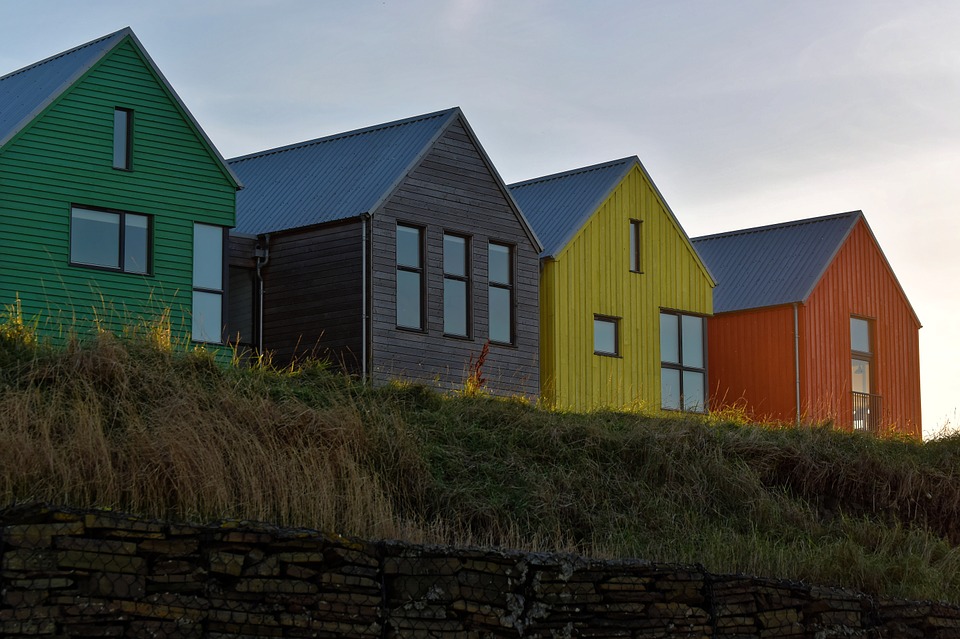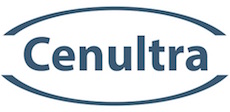According to the British government website (Crown Copyright) and the 2004 Housing Act, it is landlords’ responsibility to keep their rented property safe and free from health hazards. This means that landlords need to take proactive actions as a must to ensure tenants healthy and safety conditions during their tenancy agreement. In this article, we outline some of the important safety and healthy precautions a landlord must take. First, let us explain the safety ones:
Gas safety:
If your property has a gas central heating installed, the first thing to do is to check when the next maintenance is due. The same applies to gas boilers. It is recommended that landlords carry out annual gas safety inspections with registered engineers. This maintenance should include a full check on the appliances and tubes installed across the property. It is vital to remember that you as a landlord will need to keep a copy of the gas safety certificate. You will need to give it to the estate agent who is renting the property on your behalf and/or tenants who have the rights to ask for it.
Here it is important to remember that you as a landlord need to receive your gas safety certificate within 28 days and make a note of when the next inspection is due on.
Electrical safety:
If you are renting your home with some electrical appliances, such as freezer, toasters, cooker, kettle and washing machine, it is it is important that you check they are working in perfect order. On top of that it is important that you check that all sockets are working properly and are safe to use. The same precautions apply to electric showers (if you have one) and light fittings. A registered engineer should give you a certificate that your fuse box is working and that all electrical devices have fully passed the safety tests.
Fire safety:
Landlords should be aware of the fire safety regulations. A very fundamental law is the fire alarm, sometimes misinterpreted as carbon monoxide alarm or smoke alarm. All properties in Britain should have smoke alarm strategically fitted around the house or flat. The batteries of the smoke alarms should be inspected regularly. With regards to flats and buildings, access to escape routes should be clearly sign posted, and extinguishers should be ready for action. One of the precautions that landlords can also take is to state clearly in the tenancy agreement that electrical appliances should be switched off if the tenant will be away for more than three weeks. Also, if you as a landlord is providing furniture or furnishings, such as a bed, mattress, sofa and table, for example, it is important to highlight that these must adhere to fire resistance policies and regulations.
Beyond providing safety precautions, the landlords must also ensure healthy ones. Here are some that landlords need to take into account:
Water heating: not too hot nor too cold. The taps in the sink, basins, toilet and other parts of the house must clearly display the difference between hot and cold water. Also, it is important that the water central valve location is easily reached in case a sink or toilet need fixing.
Mould and Damp: landlords must ensure that the rental home is damp and mould free. This is a safety issue as dump and mould is recognized by NHS as one of the root causes for respiratory and eczemas issues.
No trip hazards: imagine if you have a misplaced floor carpet in your rental home. This is a fall hazard and safety risk. Imagine if you have a staircase and one of the steps are dislocated. This is also a safety risk. The inspection of the place must assess that there are no trip hazards that can cause an accident to your tenants.
As a landlord, you must remember that you are potentially liable under the Defective Premises Act if the resident suffers death or injury as a result of a health and safety gap. It is important that safety and healthy checks are carried out regularly (minimum once a year) by registered engineers and that records of their visits are kept safe and in good order.
It is advisable that you as a landlord ask your estate agent to run a checklist and assessment on your property before you rent it. They may be able to help you in appointing registered engineers who can issue you with the health and safety certificates you need.

Write a Comment